For millennia, green tea has been celebrated as a cornerstone of holistic health, revered in ancient traditions for its healing properties. Today, its benefits extend far beyond a soothing beverage. Green tea is now a powerhouse ingredient in hair care. As consumers increasingly seek natural alternatives to chemical products, green tea emerges as a science-backed solution for promoting hair growth, soothing the scalp, and revitalizing strands. This article explores why your hair needs green tea, diving into its origins, mechanisms of action, and proven benefits.
Green Tea’s Origins: A Legacy of Wellness
Green tea (Camellia sinensis) traces its roots to ancient China, where it was first cultivated over 4,000 years ago. Legend credits Emperor Shen Nong with its discovery when tea leaves accidentally blew into his boiling water, creating a fragrant infusion. By the Tang Dynasty (618–907 CE), green tea became a staple in traditional Chinese medicine, prescribed to detoxify the body, enhance mental clarity, and boost longevity.
The practice spread to Japan by the 9th century, where matcha (powdered green tea) became integral to Zen Buddhist rituals. Monks drank it to sustain focus during meditation, while samurai warriors used it for energy. Over time, green tea’s reputation as a health elixir grew globally, thanks to its rich concentration of polyphenols, particularly epigallocatechin gallate (EGCG), a potent antioxidant linked to heart health, weight management, and cancer prevention.
Today, green tea’s versatility extends to skincare and hair care, driven by its anti-inflammatory, antimicrobial, and anti-aging properties.
Green Tea’s Impact on Hair and Scalp Health
Green tea’s benefits for hair stem from its unique biochemical profile. Here’s how it transforms hair health:
1. Fights Hormonal Hair Loss
Androgenetic alopecia (pattern baldness) affects millions worldwide, driven by the hormone dihydrotestosterone (DHT), which shrinks hair follicles. Green tea inhibits the enzyme 5-alpha-reductase, which converts testosterone to DHT. A 2014 study in Phytomedicine found that EGCG significantly reduced DHT levels in human hair follicles, slowing hair loss and promoting regrowth.
2. Stimulates Hair Follicle Activity
EGCG enhances blood circulation to the scalp, ensuring follicles receive oxygen and nutrients. It also prolongs the anagen (growth) phase of the hair cycle. Research in the Journal of Korean Medical Science (2011) showed that topical green tea extract increased hair follicle proliferation by 30% in animal models.
3. Soothes Scalp Inflammation
Conditions like dandruff, psoriasis, and seborrheic dermatitis are often linked to inflammation. Green tea’s polyphenols calm irritation and reduce redness, while its antimicrobial properties combat fungal overgrowth (e.g., Malassezia), a common cause of flaking.
4. Protects Against Damage
Pollution, UV rays, and heat styling generate free radicals that weaken hair proteins. Green tea’s antioxidants neutralize these molecules, preventing breakage and split ends. A 2013 study in Toxicology Research demonstrated that EGCG shields hair cells from oxidative stress, preserving strength and elasticity.
The Science Is Clear: Meta-Analysis and Consensus
While individual studies highlight green tea’s hair benefits, broader analyses confirm its efficacy. A 2020 review in Dermatology and Therapy evaluated 18 peer-reviewed studies on natural remedies for hair loss. Researchers concluded that green tea “specifically EGCG” consistently demonstrated:
- DHT inhibition comparable to finasteride (a prescription drug).
- Enhanced follicle proliferation and elongation.
- Reduced inflammation and oxidative damage.
Another meta-analysis in Nutrients (2021) emphasized green tea’s role in improving scalp microcirculation, a critical factor in reversing thinning hair. These findings underscore a scientific consensus: green tea is a validated, multi-target solution for hair health.
Green Tea as a Natural Replacement for Chemical Hair Care
Commercial hair products often contain harsh additives like sulfates, parabens, and silicones. While these chemicals may offer short-term cosmetic benefits, they pose long-term risks:
- Sulfates: Strip natural oils, causing dryness and brittleness.\
- Parabens: Mimic estrogen, potentially disrupting hormones.
- Silicones: Create a superficial shine but clog follicles, leading to buildup.
Green tea offers a safer, holistic alternative:
1. Gentle Cleansing
Green tea-based shampoos cleanse without stripping moisture, thanks to natural saponins.
2. Scalp Detox
Its antimicrobial properties unclog pores, preventing folliculitis and promoting healthier growth.
3. Growth Serums
Topical EGCG serums (or DIY rinses) deliver concentrated antioxidants to roots, minus the alcohol or synthetic fragrances found in minoxidil.
4. Color Protection
Polyphenols shield hair from UV damage, helping dyed hair retain vibrancy longer.
Conclusion: Embrace the Green Tea Revolution
Green tea isn’t just a trend. It's a timeless remedy validated by modern science. From blocking DHT to shielding strands from environmental damage, its multifaceted benefits address the root causes of hair. By replacing harsh chemicals with green tea, you nourish your scalp and hair sustainably, honoring a tradition that has thrived for thousands of years.
Whether sipped, applied, or infused into products, green tea offers a natural path to stronger, thicker, and healthier hair. Your locks deserve this ancient elixir’s magic.





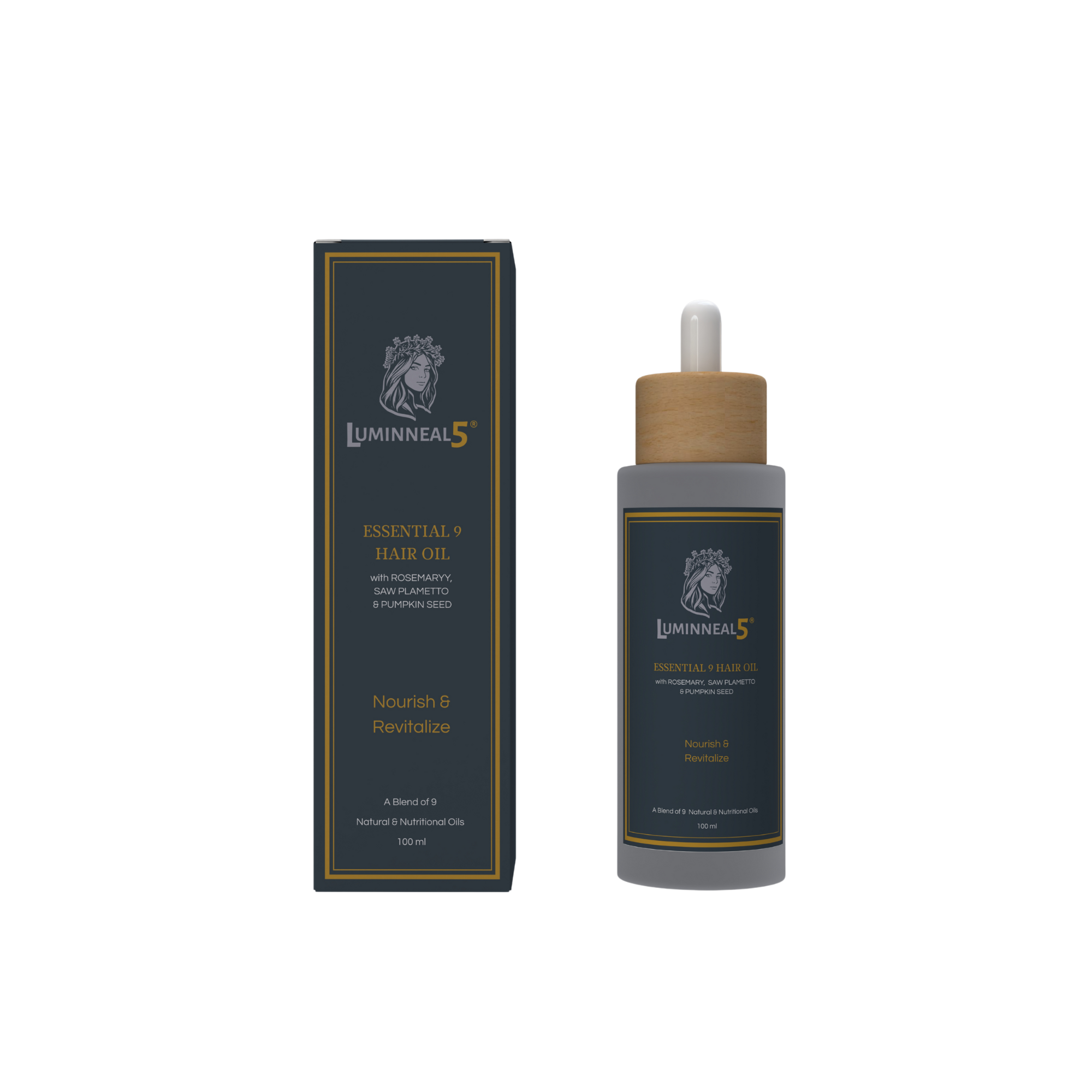




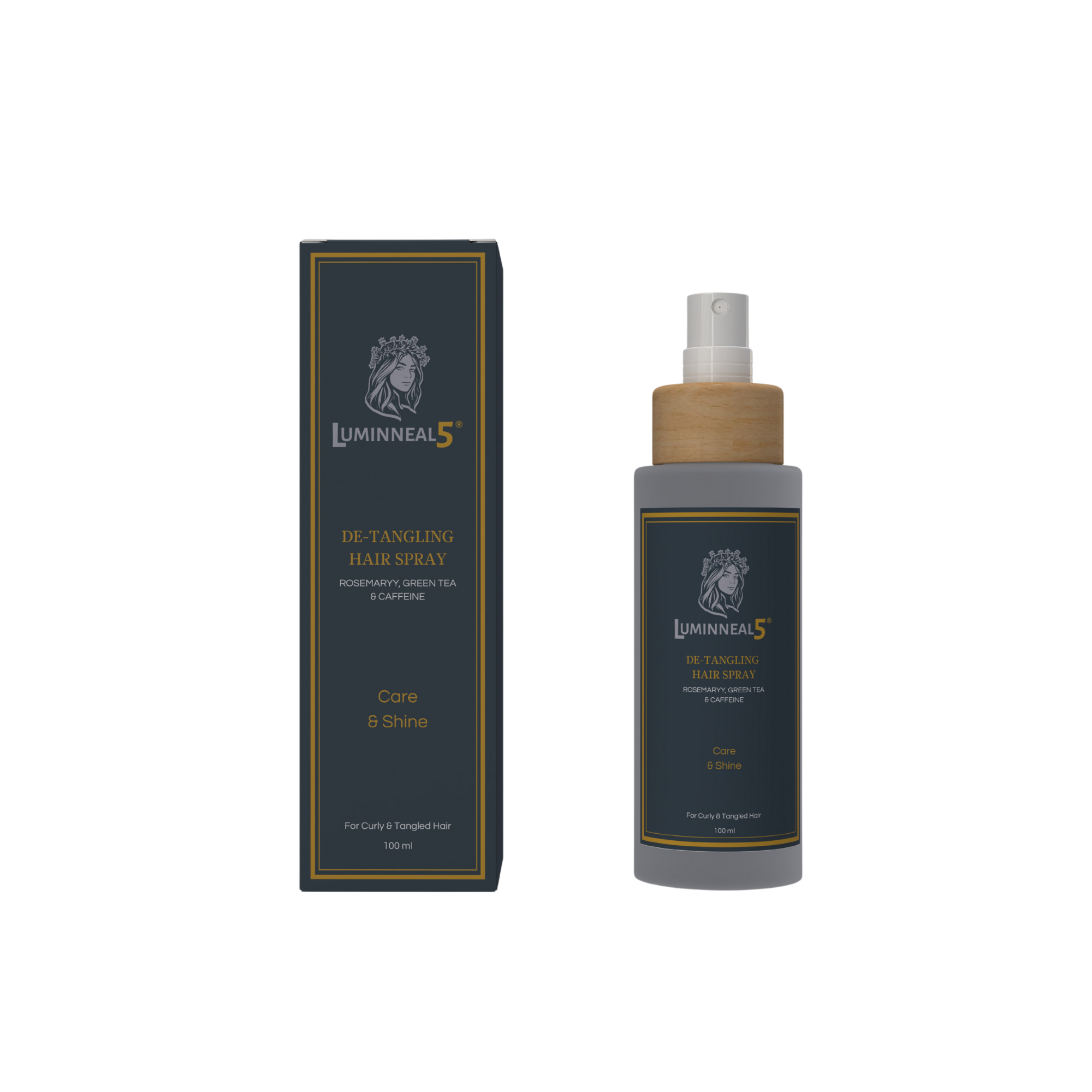




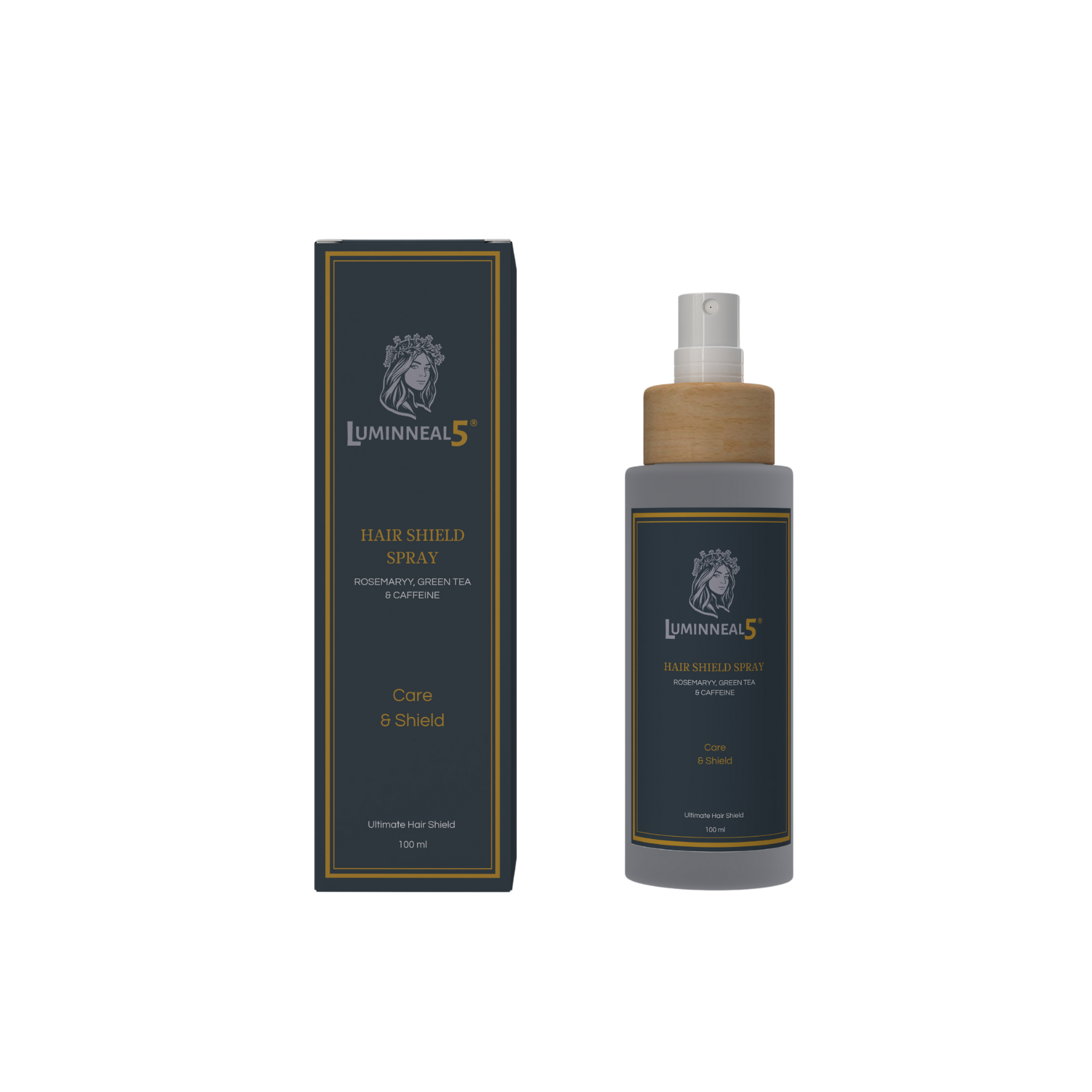




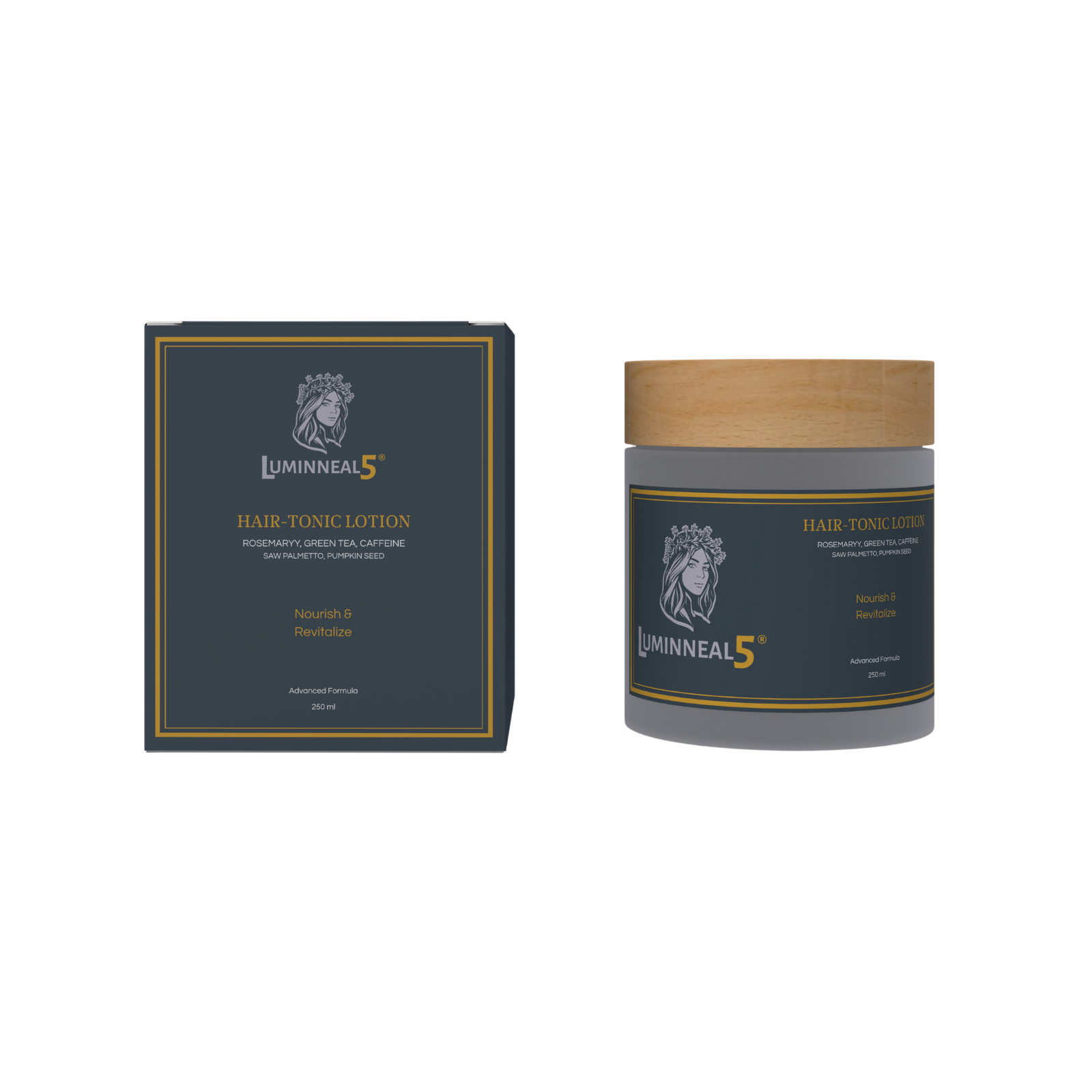




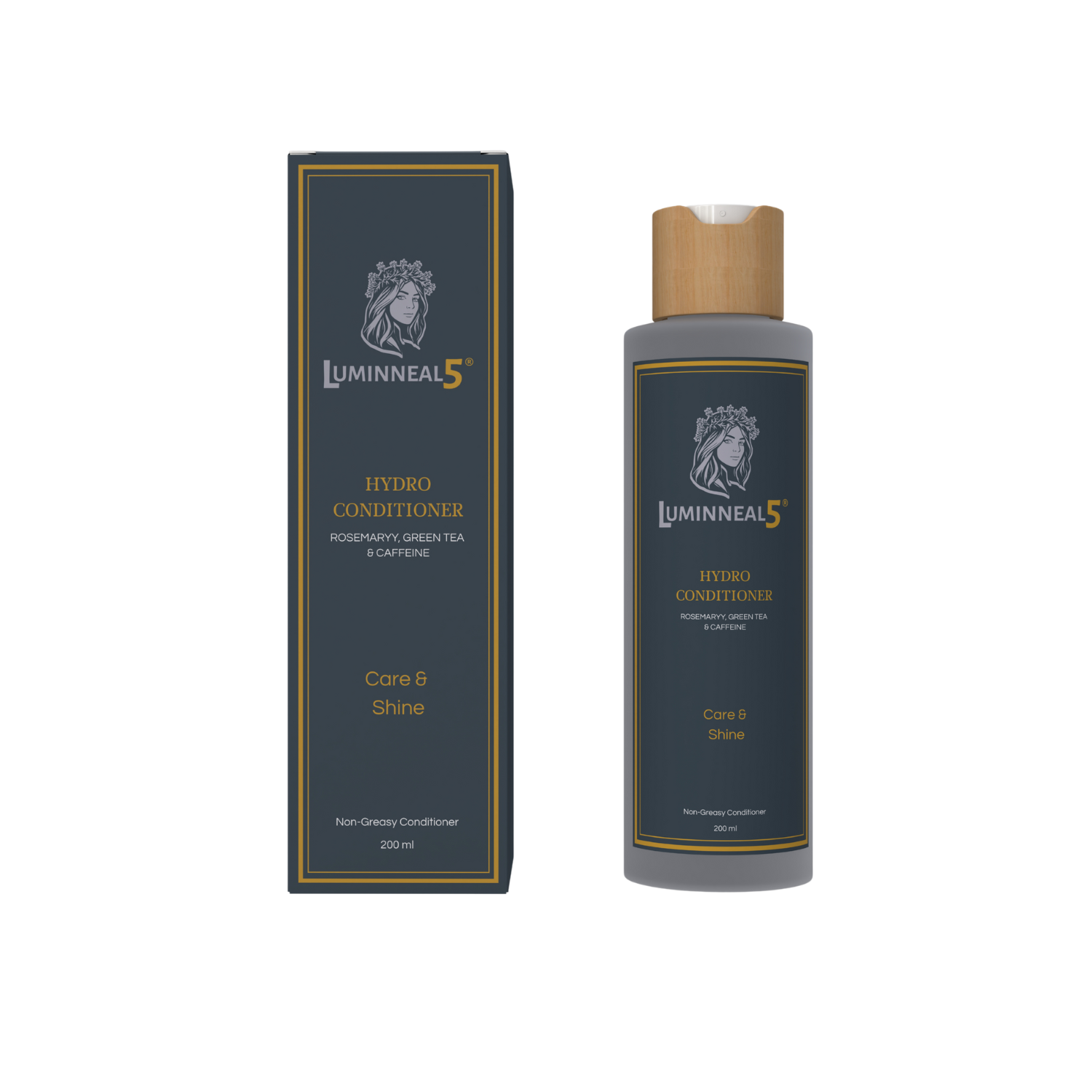




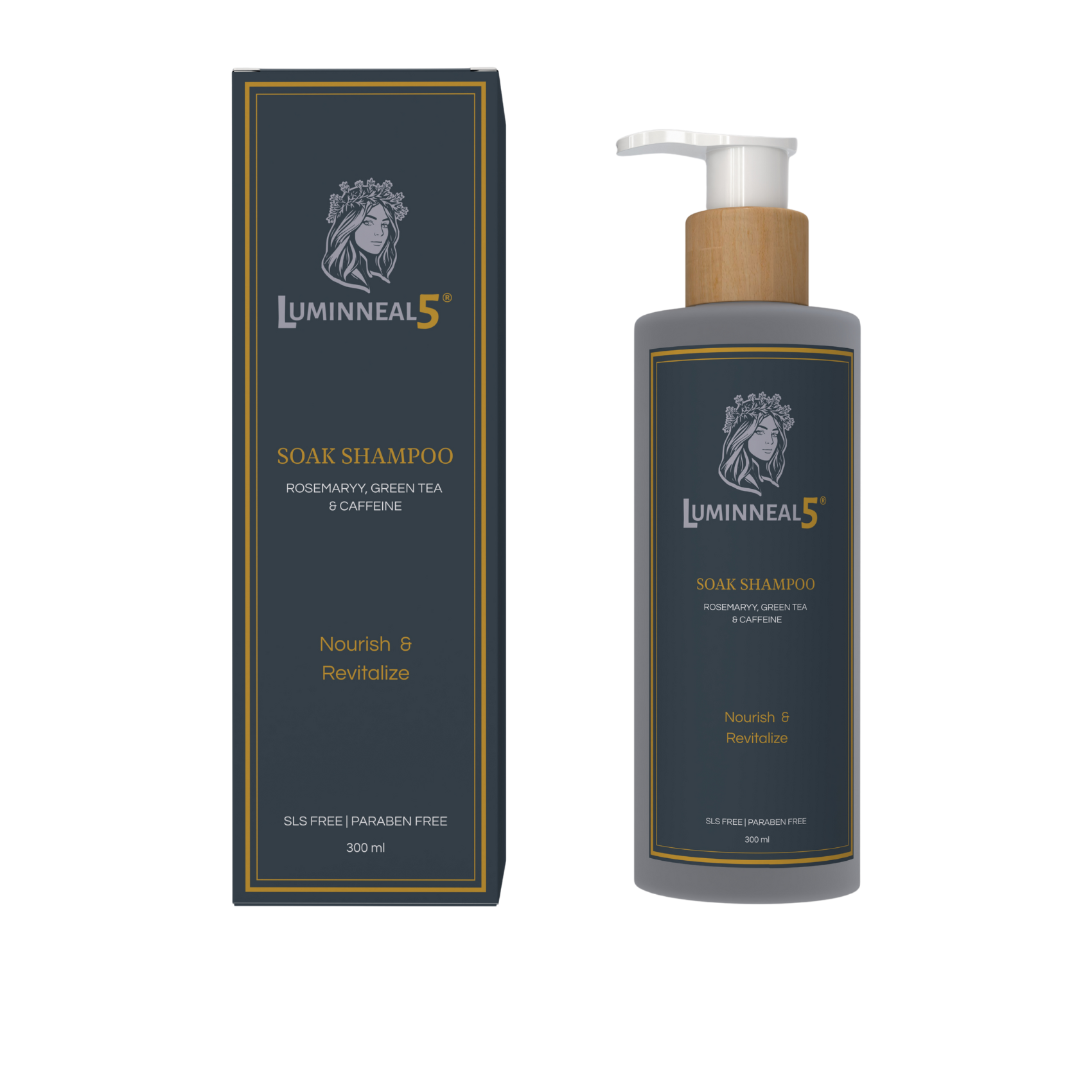









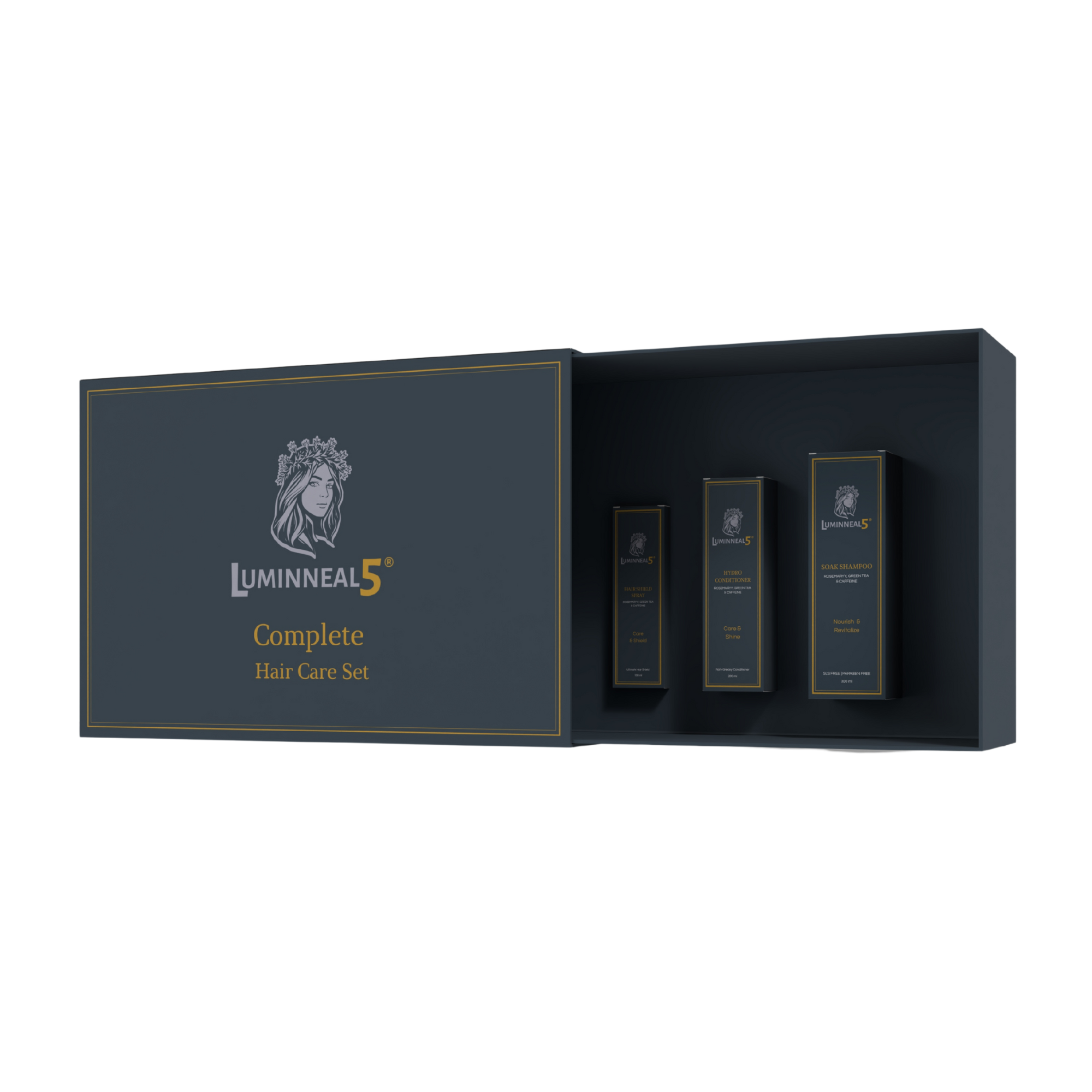
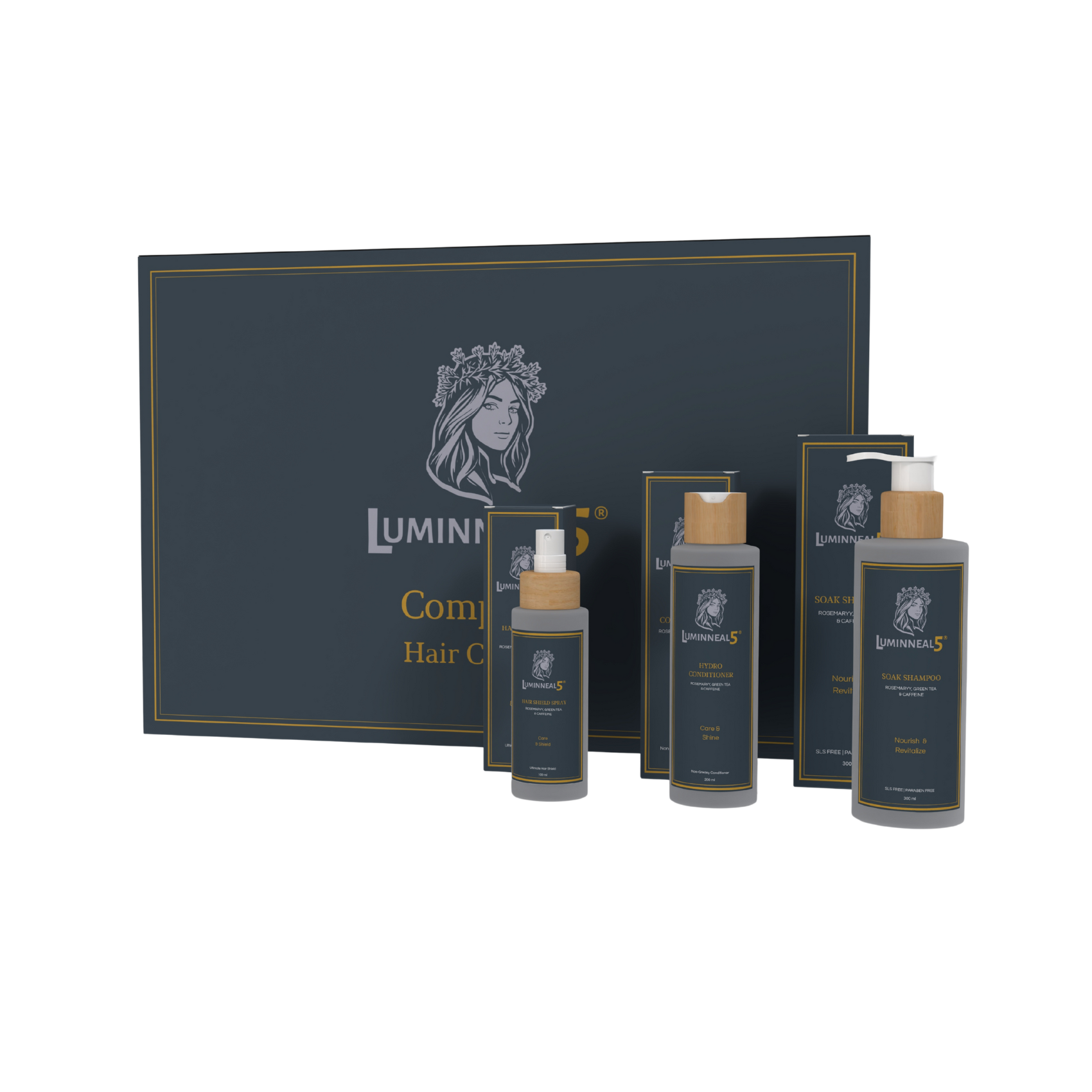
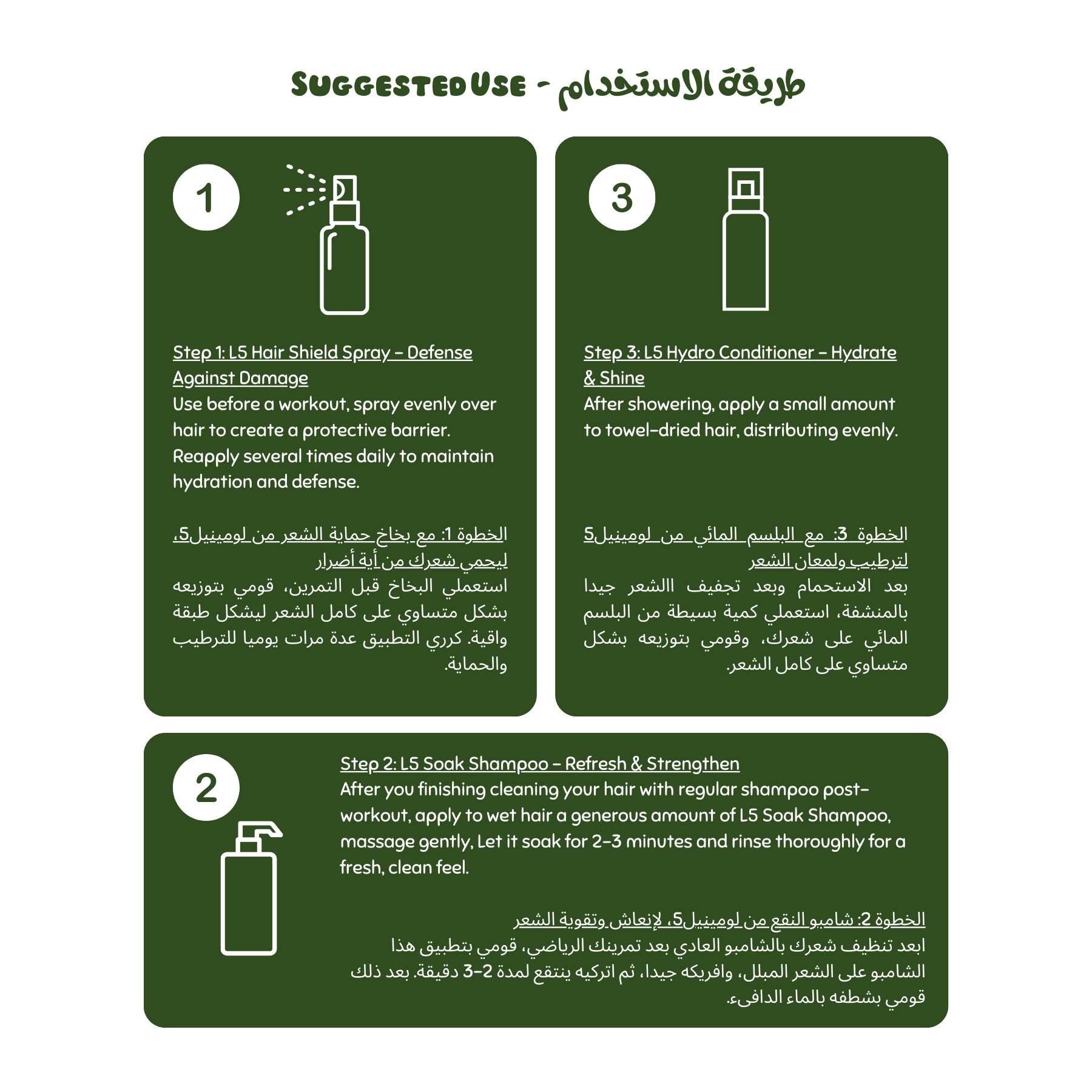

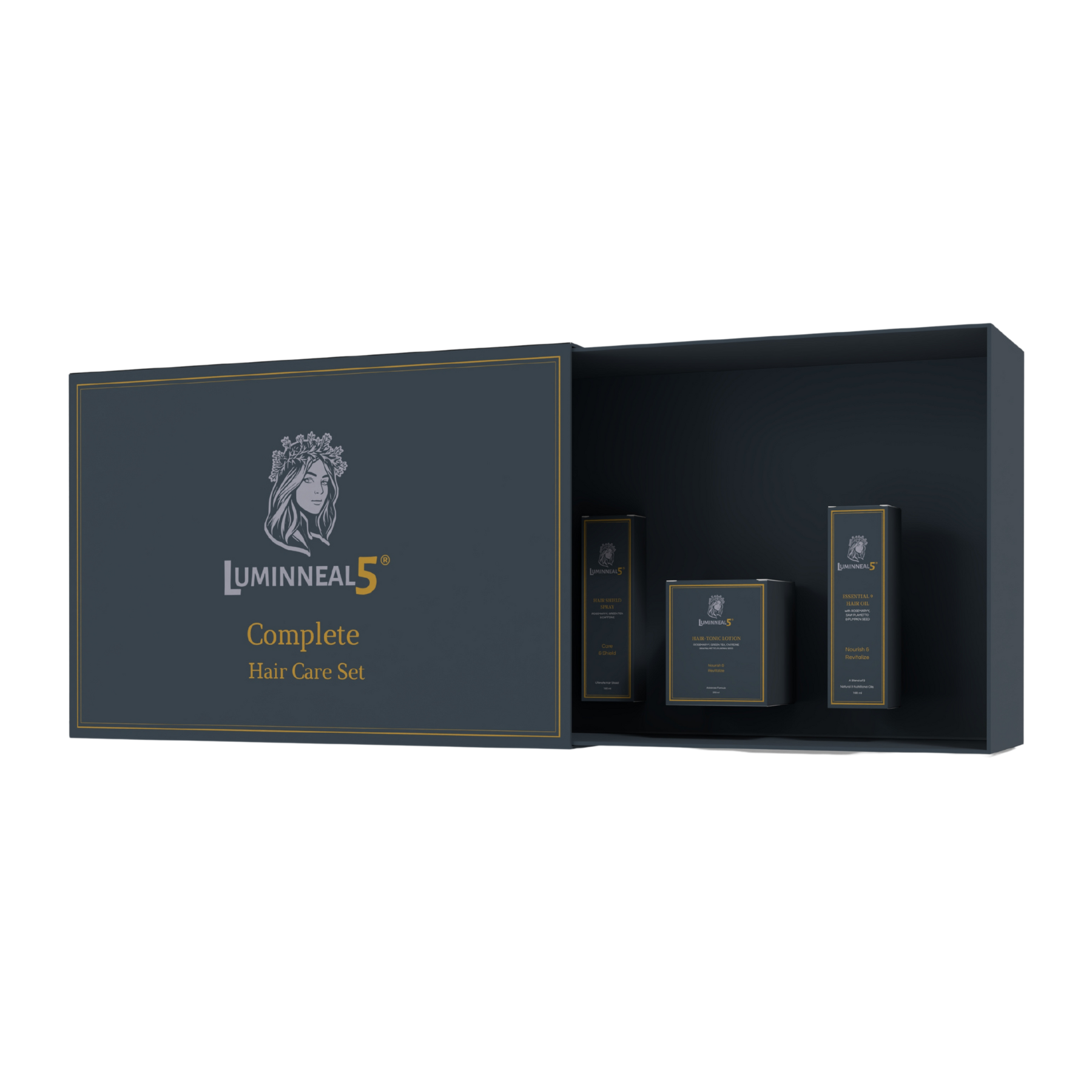
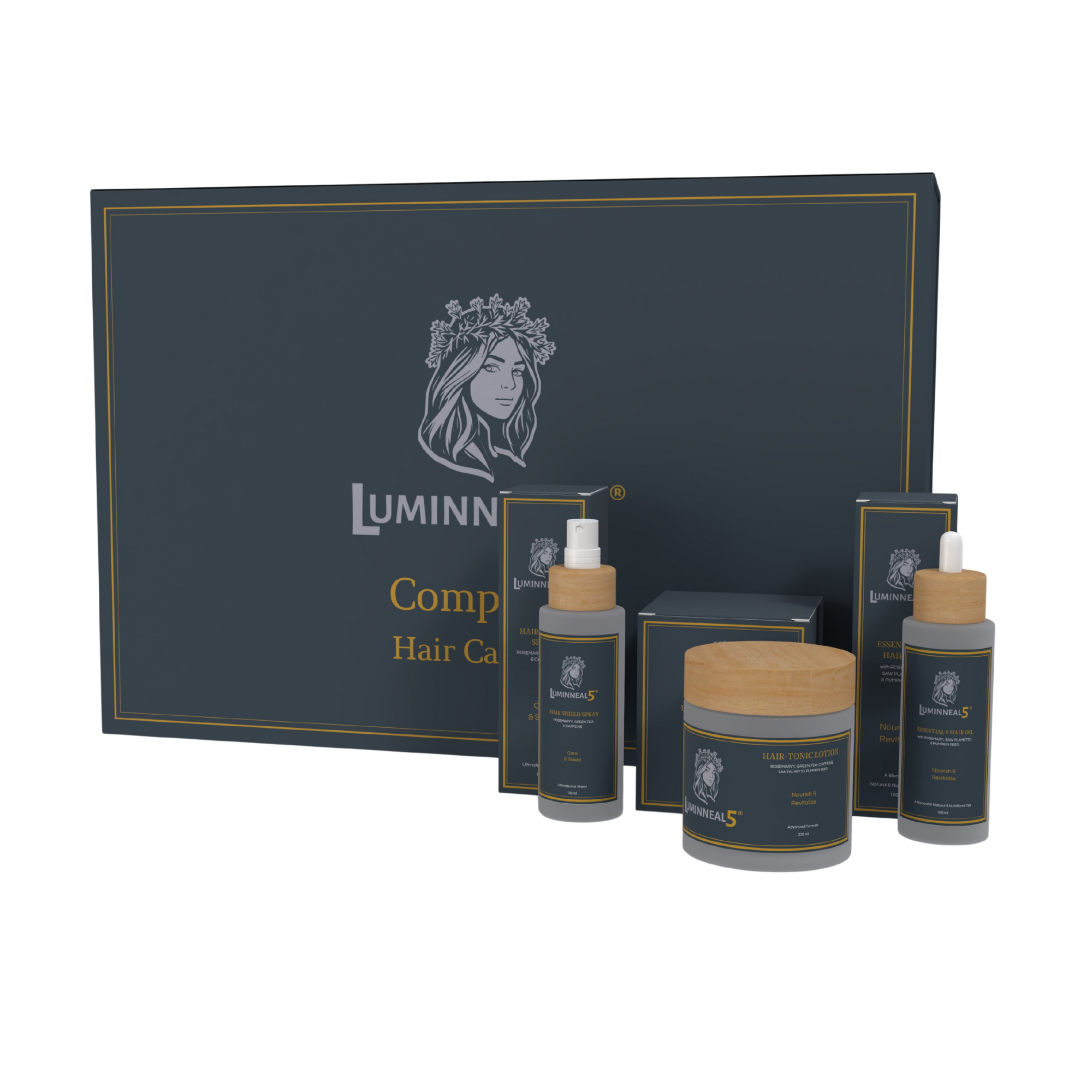






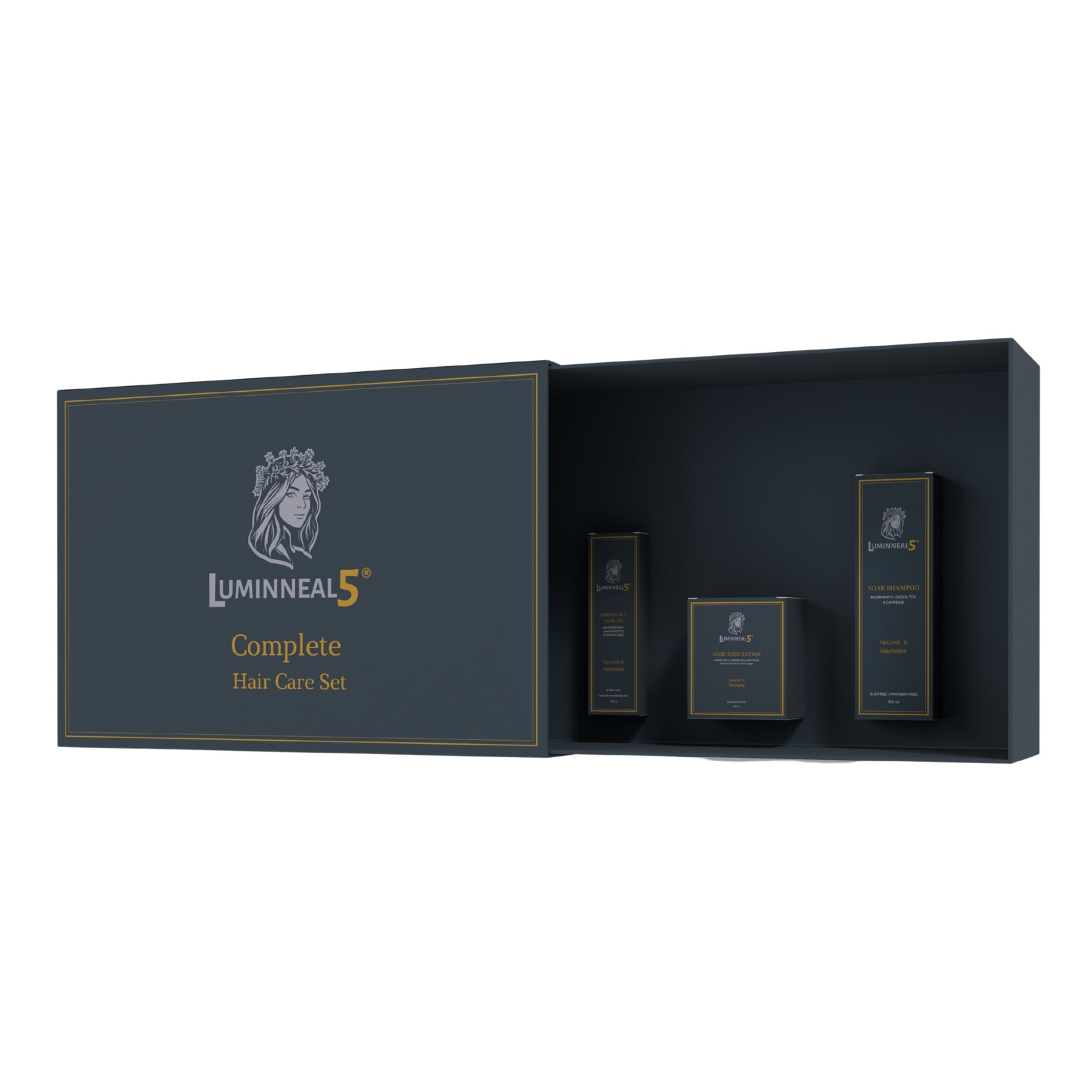
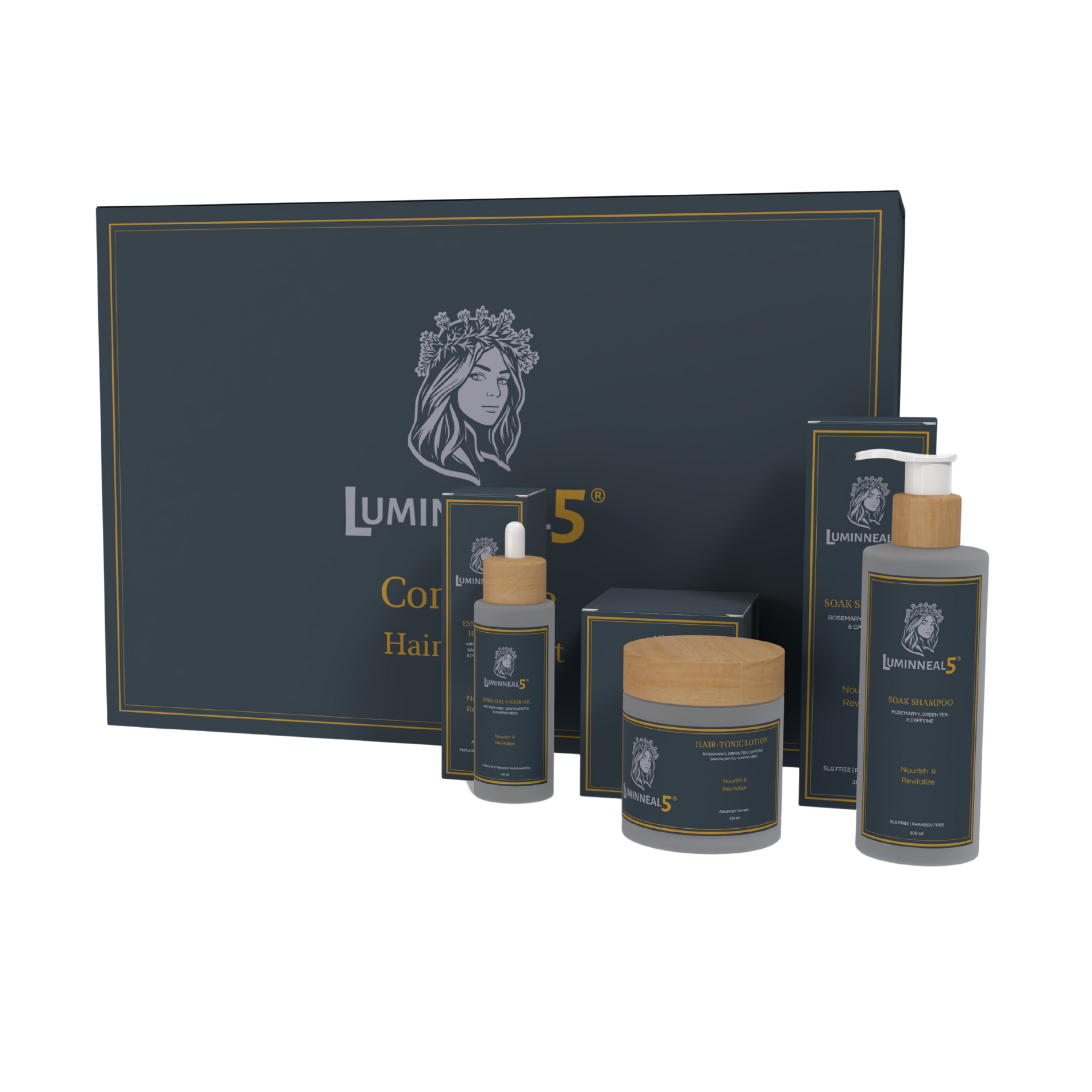
















































0 تعليقات